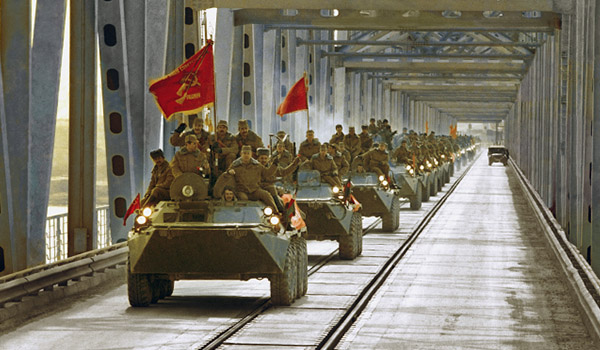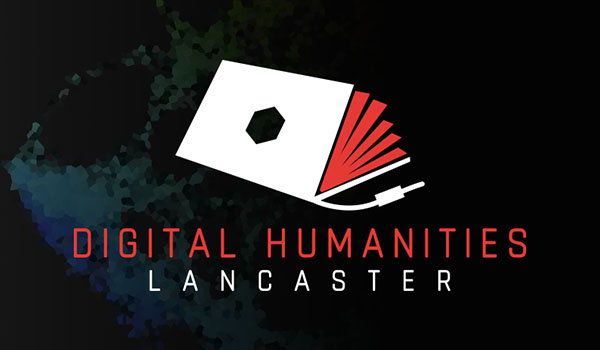
Studentships and Essay Prizes
We award a number of prizes and studentships at undergraduate, Master's and Doctoral levels throughout the year. These include prizes for academic performance as well as special essay prizes, such as The Merriman Essay Prize and the Lancaster Prize in Digital Humanities.
Previous scholarship and essay prize winners
Previous scholarship and essay prize winners are detailed below:
Accordion
-
2021 Undergraduate Prize Winners
Lewis Hughes Prize - Philippa Lazarus (Ancient and Medieval), Emily Brooks (Early Modern), and Joseph Lee (Modern)
Andrew Pearson Prize - Eleanor Charlotte Hughes and Holly Rebecca Jones.
Queen's Scholarships - Matthew Staton (Part I), Laura Kate Nutter (Part II) and Thomas Roberts (Part II).
A H Woolrych Prize - Natasha Jane Robinson.
-
2020 Undergraduate Prize Winners
Andrew Pearson Prize - James Lockwood and Georgia Megan Britton.
Queen's Scholarships - Anna Drury, Phoebe Mia Kendrew and Holly Parsons (Part I). Jennifer Kehlenbeck, Gergana Tsvetanova, Molly Lawson and Grace Olivia Sewell (Part II).
A H Woolrych Prize - James Andrew Clarke, Ignas Gulbinas, Georgia Megan Britton, Conor Walker and Georgia Whelan.
-
2019 Undergraduate Prize Winners
Andrew Pearson Prize - Dabeoc Stanley, Caroline Winstanley and Caitlin Cheshire.
Queen's Scholarships - David Comerford, Louise Varley, Eve Hood, Jude Rowley, Sofia Skiming, Bridget Morgan and Kiera Collins.
A H Woolrych Prize - Dabeoc Stanley.
-
Merriman Essay Prize 2021-22
Winner - Adam Stanney, Lancaster University,for his essay ‘Why did Muslim political power in the Western Mediterranean fragment in the first half of the 1000s?. His essay adopted an international approach to assessing the political decline of the medieval powers of Kalbid Sicily and Umayyad Spain.
The judging panel – Professor Michael Hughes, Professor Marco Wyss and Dr Sarah White – praised the essay's engagement with a wide range of secondary sources and its' skilful use of translated Arabic primary sources to provide an alternative perspective. They felt that the essay constituted a clear contribution to the scholarship and provided a fresh perspective on Muslim power in the Western Mediterranean in the first half of the 1000s.
Adam Stanney responded: "I am very happy to have received this year’s Merriman Prize. Writing the essay was a great experience and the medieval Islamic topic was far from anything I’d properly studied before. Drawing research away from what was familiar certainly proved a fulfilling exercise, developing my understanding of the medieval world on a more global scale. Moreover, the geographically and thematically comparative element to the piece kept things fresh when reading and tested my overall argument more so than a regular essay question. I would like to sincerely thank the panel for the award, and the Department of History at Lancaster University for providing an enriching academic environment."
The 2021-22 runner up was Daniel McCue, University of Glasgow, with his essay 'To what extent did the psychology of the Athenian hoplite in Classical Greece
while in a state of violence conform to the psychology of the modern infantryman?'. -
Merriman Essay Prize 2019-20
Winner - Cadet Daniel Berardino, United States Military Academy (West Point), for his essay ‘Revolution or Evolution? A Quantitative Analysis of the Impact of Artillery on Sieges in the Hundred Years War’.
Honorary Mention - Sterling Mancuso, University of Toronto, for his essay ‘Expulsion Compulsion: Reconsidering the Motivations and Consequences of the 1923 Turco-Greek Population Exchange’.
-
Merriman Essay Prize 2018-19
Winner - James McHale, Huddersfield University, for his essay ‘“Saladin’s delaying tactics gave the Crusaders little choice” – Jonathan Phillips. Is this a valid conclusion to draw about the massacre of the Muslim prisoners at Acre?’.
-
Lancaster Prize in Digital Humanities 2018-19
Winner - Naja Algreen Suhr from the University of Copenhagen for an essay on “The elderly of Copenhagen in 1885.”
Highly Commended - Two other applicants, Kanish Garg (Indian Institute of Technology, Roorkee) and Lena Zlock (Stanford University) were noted as highly commended.



.jpeg)
